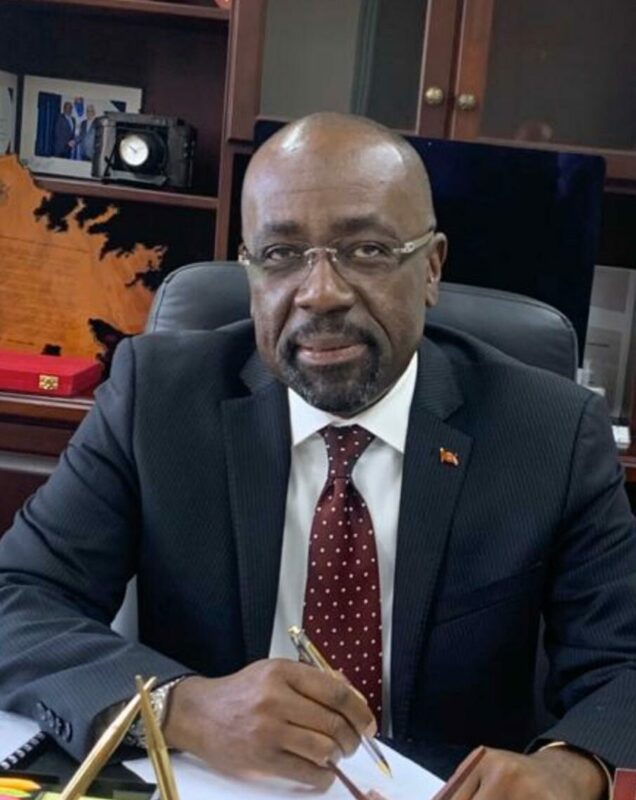
Foriegn Affairs Minister E.P Chet Greene
As Antigua and Barbuda continues to make strides in governance and development under the Antigua and Barbuda Labour Party (ABLP), the ongoing dysfunction and lack of vision within the United Progressive Party (UPP) have become glaringly evident.
While some attempt to attribute the UPP’s struggles to the ABLP, it is clear that the ruling party cannot and should not be blamed for the opposition’s internal failings. Here’s why.
The narrative that ABLP bears any responsibility for UPP’s current state is an absurd attempt to deflect attention from the latter’s failures.
ABLP has remained focused on implementing policies that drive economic growth, improve infrastructure, and elevate Antigua and Barbuda on the global stage. UPP’s disorganization and inability to present a cohesive political strategy are entirely their own doing.
Political competition thrives when all parties rise to the occasion. However, UPP has repeatedly shown that it lacks the capacity to challenge ABLP’s leadership meaningfully.
Instead of blaming external factors, UPP should engage in self-reflection and work to address its own deficiencies.
Democracy requires a robust opposition, yet UPP consistently fails to meet this standard.
The party’s absence of clear leadership and political vision is a disservice to the people of Antigua and Barbuda. Instead of offering viable alternatives or constructive criticism, UPP’s approach has been one of reactionary politics devoid of innovation or foresight.
In contrast, ABLP has demonstrated strong leadership under Prime Minister Gaston Browne.
From tackling economic challenges to spearheading transformative projects, ABLP’s proactive governance highlights UPP’s inability to contribute to meaningful political discourse. An opposition that cannot articulate a vision for the future does little to advance the democratic process.
The stagnation of UPP is not just a political issue; it poses a threat to national progress. A failing political party saps energy from the political ecosystem, creating distractions instead of contributing to growth.
UPP’s inefficacy diverts attention from critical discussions and slows the momentum of national development.
The ABLP, despite these distractions, has continued to drive forward its agenda, focusing on economic resilience, social welfare, and infrastructure development.
The party’s ability to deliver results even in the face of weak opposition underscores its commitment to the people. UPP’s ineffectiveness only underscores the necessity of strong and consistent leadership, which ABLP has consistently provided.
While political diversity is essential to democracy, the UPP’s failures render it unfit for purpose.
The party brings no value to the people of Antigua and Barbuda, offering neither innovative ideas nor effective opposition to the ABLP’s governance. To suggest otherwise is to ignore the UPP’s track record of disorganization, lackluster performance, and absence of tangible contributions.
This critique does not advocate for a one-party state but emphasizes the importance of a functional opposition.
UPP’s persistent shortcomings leave the electorate with little choice but to place their trust in the ABLP—a party that has consistently delivered on its promises and prioritized the nation’s development.
As Antigua and Barbuda forge ahead, the nation needs steadfast leadership that can navigate challenges and seize opportunities.
The ABLP has proven itself to be a reliable steward, guiding the country with a clear vision and strong governance and is clearly the choice for those who prioritize stability, growth, and progress.
There is no denying the UPP’s lack of leadership and purpose only serves as a hindrance to the democratic process and national progress.
The people of Antigua and Barbuda deserve an opposition party that can rise to the occasion and contribute meaningfully to the national discourse and development. To the extent that we agree on the foregoing, the UPP is simply not fit for purpose.
E. P. Chet Greene






Chupzzz